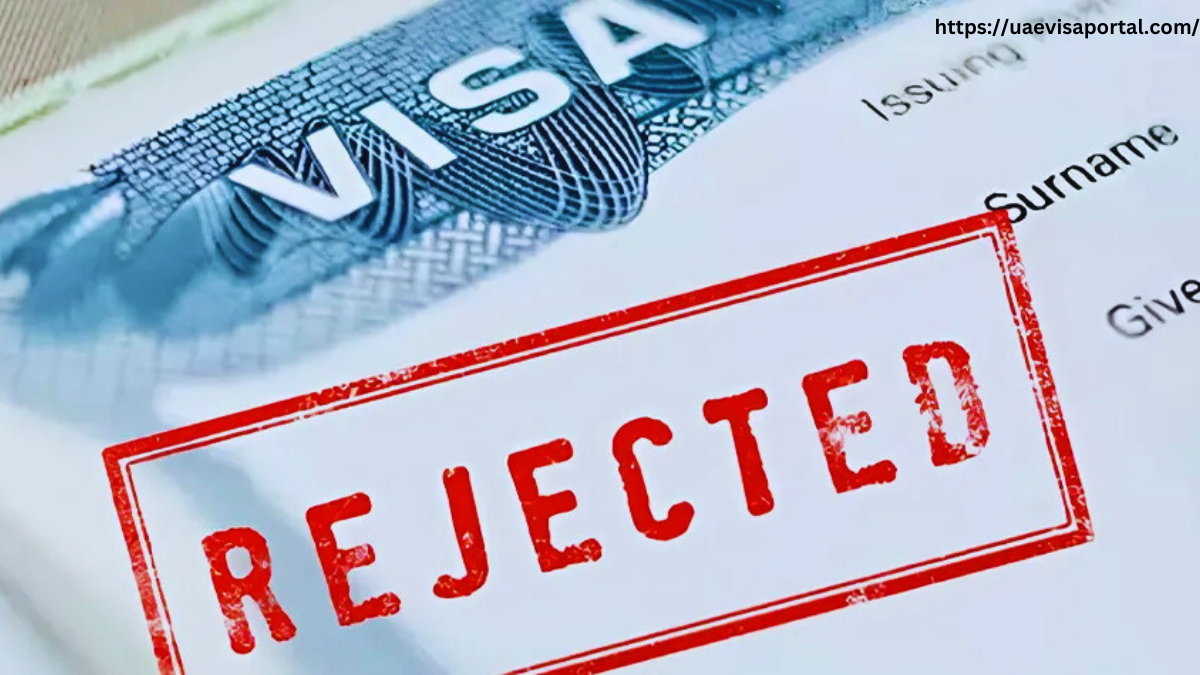Indian tourists have been disproportionately affected by the tighter Dubai visa rejections. The UAE’s emigration department has implemented stricter restrictions for tourist visa applications.
After the UAE implemented more stringent visa requirements, Atlys, a platform that processes visas, reported a 62% rise in visa rejections for Dubai.
Understanding The Rise in Dubai Visa Rejections
These regulations have disproportionately affected travelers from India, which were implemented to reduce fraudulent applications. As a result, there is now more scrutiny and a notable increase in the number of rejected applications. Due to the increased number of workers and immigrants who came to Dubai in quest of employment, the city became overcrowded.
In response, the government of Dubai is working to improve the experience of wealthy tourists by easing airport traffic. To preserve a better balance and the city’s appeal as a top travel destination, they also want to tighten down on people who are living in Dubai illegally.
Visa processing times have significantly increased due to Atlys; applications now take 1.5–2.7 days longer to process than they did before the regulations were put in place. The increased number of applications that need more supporting documents and careful inspection by UAE authorities is the cause of this delay. At least 5–6 out of every 100 applications are being denied every day since the new regulations went into effect, as opposed to approximately 1%–2% before.
READ MORE: UAE Airport Visa Switch: Travelers Report Difficulties
71% of all applications were denied because the supporting paperwork was either insufficient or inaccurate. Common problems include a lack of documentation of actual return flights or hotel reservations, unclear passport photos, mismatched photos (not meeting passport requirements), and inability to meet the new stability criteria. These changes emphasize the importance of submitting precise and compliant papers to prevent processing delays or rejections.
According to Mohak Nahta, Founder & CEO of Atlys, travelers have an opportunity to adjust and change as a result of the recent changes in visa regulations, especially for travel to places like Dubai. “Although these changes might appear difficult, they also pave the way for increased effectiveness and readiness in the travel process.
Indian tourists can continue to confidently pursue international chances by remaining knowledgeable and making sure they have the right paperwork. Atlys is dedicated to helping passengers navigate these changes and make their travels more seamless in a world that is changing quickly.
READ MORE: New UAE Visa Guidelines: Hidden Rules You Should Know That Could Ruin Your Trip
Atlys has seen a 48% change in travel trends since the UAE’s visa restrictions were implemented, with more tourists looking for other Gulf destinations. The tighter visa requirements for Dubai have boosted demand in places like Saudi Arabia and Qatar as tourists look for more accessible options.
The UAE’s emigration department has implemented strict new conditions for tourist visa applications to prevent processing delays. These restrictions require tourists to provide proof of hotel reservations with QR codes and return flight tickets. The Times of India reported that these actions are a part of the UAE’s larger initiative to stop fraudulent visa applications.
Travelers must upload validated documents, such as airline tickets, hotel reservations, and evidence of financial soundness, as part of the revised policy.
To enter the UAE, applicants must also present their bank statements for the previous three months, with a minimum balance of Rs 50,000. Those who decide to stay in hotels must provide their PAN card data. Because of their historically higher rejection rates due to irregular or inadequate documentation, Indian tourists in particular have been disproportionately affected.
